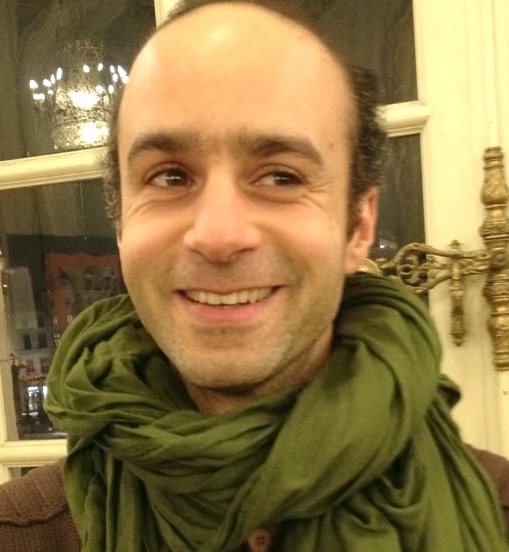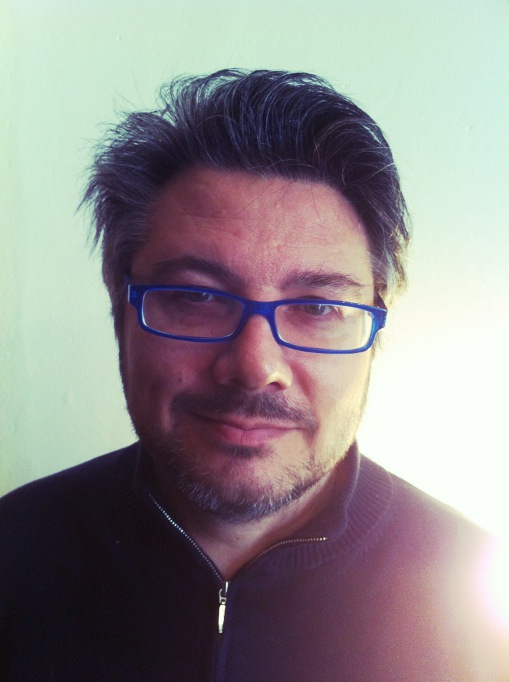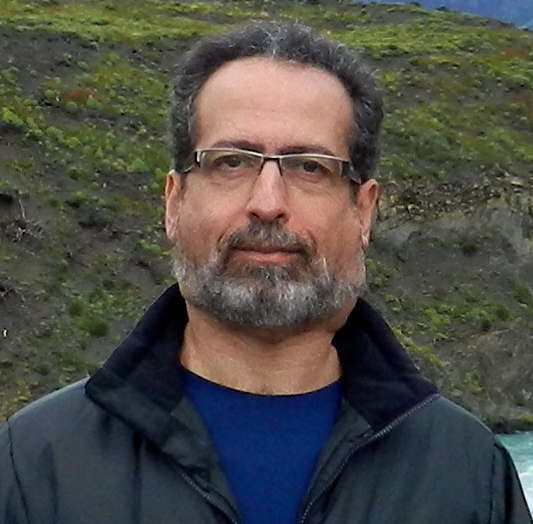Invited Speakers

Nazim Fatès (Inria Nancy Grand-Est, France)
Robustness of cellular automata with stochastic perturbations
This talk proposes to examine the robustness of cellular automata in
the case where their local rule is modified with stochastic
perturbations. For instance, if we consider simple cellular automata,
how is their behaviour affected when they are no longer updated
synchronously? How can we estimate their change of behaviours? What is
the origin of the abrupt changes observed and how to study the phase
transitions that occur? We will show that even in a simple setting such
as one-dimensional binary systems, the questions are already difficult
to solve in all generality. We will then show that, conversely, there
are some cases where randomness can be an aid for computing with CA
and, as an example, present how to solve the Density Classification
Problem with an arbitrary precision.

Enrico Formenti (University of Nice Sophia Antipolis, Nice, France)
Exploring m-asynchronous cellular automata
The talk introduces
m-asynchronous automata, a new model of
asynchronous computation, which aims at unifying several asynchronous
cellular automata models. After a review of some basic properties we
are going to explore their dynamical behavior and its specificities.

Pedro de Oliveira (Mackenzie Presbyterian University, São Paulo, Brazil)
Conceptual connections around density determination in
cellular automata
A recurring and well studied benchmark problem in the context of
computations with cellular automata is the attempt to determine which
is the most frequent cell state in an arbitrary initial configuration.
Although extremely simple in formulation, the problem has unveiled a
rich web of conceptual connections which, at the same time, have
enlarged and challenged our understanding about computations within
cellular automata. In this talk we will review such a conceptual web
and try to point at the directions it is leading us to.